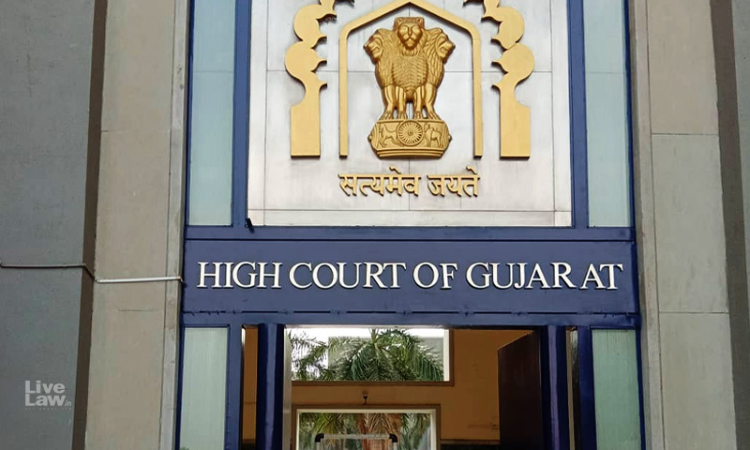The Gujarat High Court has allowed the deduction under Section 54 of the Income Tax Act on the cash transaction of the sale and purchase of residential property.The bench of Justice Bhargav D. Karia and Justice Niral R. Mehta, while quashing the order of the Interim Board for Settlement Commission, denied the deduction of Rs. 2.4 crore with respect to the cash transaction of the sale and...

